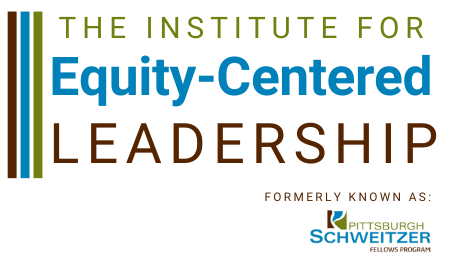
Chinweoke Osigwe, a medical student at the University of Pittsburgh, School of Medicine, is working to dismantle the socioeconomic inequalities of health – focusing primarily on underserved African-American communities in South Oakland neighborhoods. Her project aims to equip South Oakland residents with the education and tools necessary to respond to medical emergencies, such as choking, cardiac arrest, or trauma.
The spread of COVID-19 prompted her to include global health emergencies in her project’s curriculum as well. “A lot of community members are still not one-hundred percent informed about COVID,” she stated. “There is so much anxiety, elderly people are feeling isolated, and there is a lot of misinformation out there.”
Chinweoke will be hosting focus sessions to demystify the science behind the spread of COVID-19, teach proper hand-washing techniques, emphasize the importance of wearing a mask, and social distancing while guiding people through this unprecedented time. She will also be hosting workshops where community members can make their own masks and hand sanitizer at home.
For the advocacy portion of her project, she will be working with the South Oakland Neighborhood Group, an organization that addresses community issues from education to housing, safety, and public health. “ We are creating petitions and reaching out to public health and city officials. Socioeconomic health disparities are due to a lack of education and resources, so we have to fill those two needs if we want to mitigate its impact.”
Chinweoke’s inspiration for this project was formed during her undergraduate studies at Case Western Reserve University when she visited Nigeria. “In Nigeria, I was able to appreciate the global health disparities, but when I came home to Cleveland I realized they were right in our backyard,” she recounted. “Two side-by-side neighborhoods could have such drastically different life expectancies.” Using a student health organization, Chinweoke started a community advocacy campaign to raise awareness about the relationship between socioeconomic status and health. She said, “It was interesting getting a multidisciplinary perspective on community health issues, like the lead poisoning in Flint, where engineering, healthcare, and, humanities were all necessary to solve the problem.”
Chinweoke is looking forward to making a change in her city and wants to empower its citizens. “I was raised in a religious household, so I learned the importance of giving back at a very young age,” she said. “Service has really opened my eyes to inequality, especially in the healthcare system. It’s my duty to help others up.” She recalled a moving experience from her internal medicine rotation training, where she was nervous about being graded on her performance. “A patient thanked me and said that I was the only person who made them feel heard. Despite how nervous I was about doing well, I realized that how I treat my patients will always be the most important.”


































